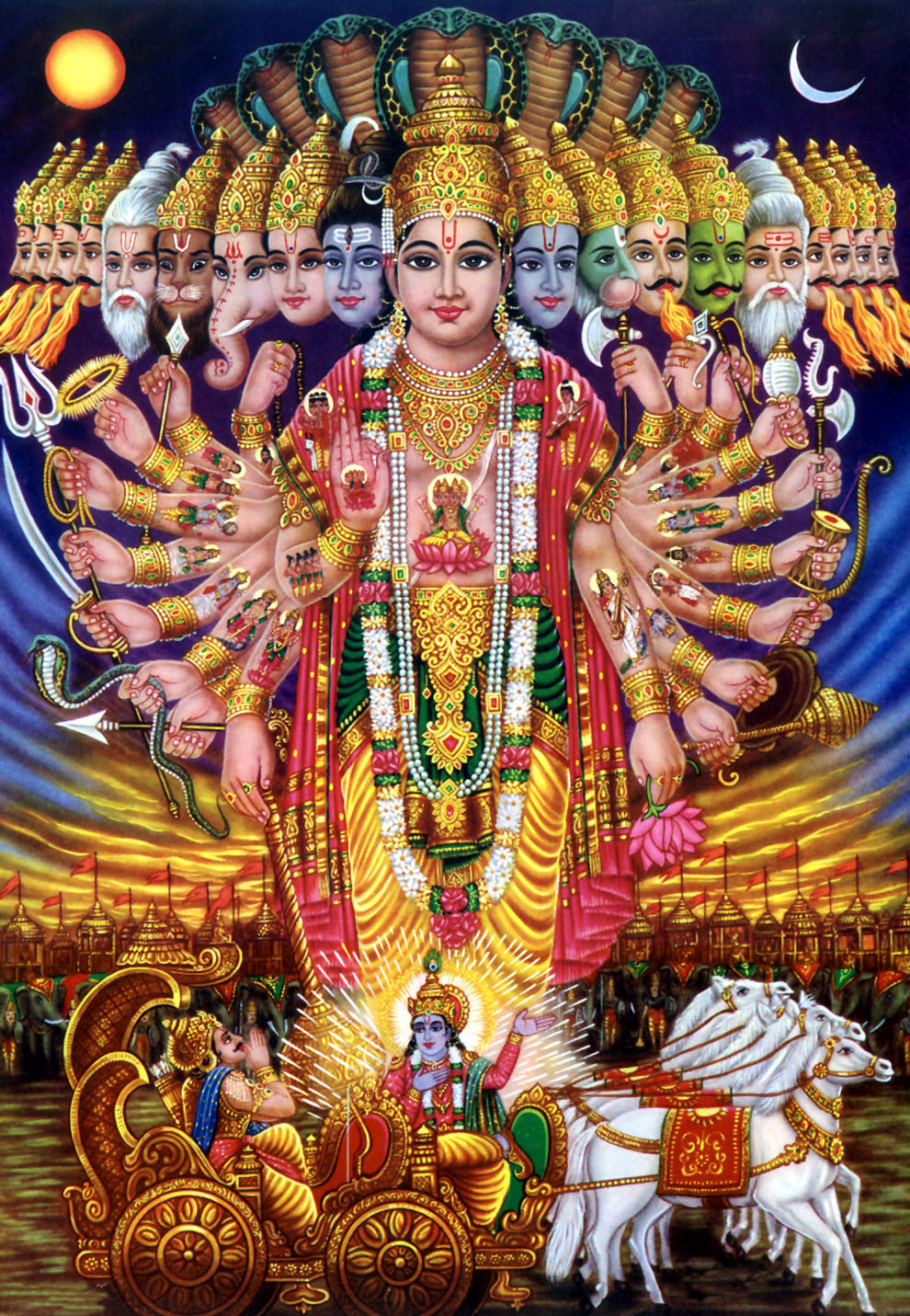
An ascetic Shiva was married with great difficulty the first time around and a second marriage was nearly impossible. An irate Lord Shiva then destroyed the Yagna with the help of ganas. Murugan’s ‘appearance’ on this planet is analogous to this eternal phenomenon.Īccording to the Skanda Purana, Shiva’s first wife Sati angrily immolated herself after she felt insulted by her father Daksha when he didn’t invite Lord Shiva for a Yagna Ceremony and further insulted Him. We come to know of its existence when it rises again in the morning.
The sun is not visible to us temporarily at night for this reason one cannot conclude that the sun has ceased to exist, for when darkness engulfs a part of the globe, the sun is shining bright somewhere else. This explains His evergreen youthfulness. Murugan, on the other hand, has neither a beginning nor an end He is not born nor dead. They are again born in this world not necessarily in the same form as they were in their previous births. Human beings take birth in this earth, pass through different stages such as childhood, adolescence, adulthood and old age and ultimately met with the inevitable death. One would be endowed with everlasting youthfulness only when he or she is not getting old. The Lord is the very manifestation of handsomeness, robust youthfulness, masculinity, fragrance and unmatched valor and the abode of happiness. Muruku in Tamil denotes divinity, handsomeness, youthfulness, happiness, fragrance and sweetness. Murugan shines as the very essence of the Vedas and mantras. The peacock displays the divine shape of Omkara when it spreads its magnificent plumes into a full-blown circular form, while the cock proclaims loudly the Pranava sound OM or Aum. Cock and peacock represent Nada and Bindu. The glittering spear of Murugan is venerated by devotees as Sakti Vel or Veera Vel signifying its extraordinary power and strength. The three integral elements of Murugan’s personality are spear (Vel) in His hand, peacock as His mount and cock adorning His banner. Vel signifies jñanasakti (power of wisdom) this was given to Murugan by His Divine Mother, Parvati wishing Him victory over asuras (titans) led by the tyrannous Surapadma. As war god with six faces, Murugan also teaches his devotees to battle through life fighting off bad people who could lead you to the wrong path of lobha(greed), kaama (sex), krodh (anger), moha (passion), mada (ego), and matsarya (jealousy). The six heads also help him keep an eye in all directions so that he can combat problems coming from any direction. As Shadanan, Murugan has six heads, each standing for the five senses and the mind. He is also always youthful, which gives him the name Kumara (Sanskrit for youth). Known for his valor and as the protector of dharma, Murugan has slained several demons like Krauncha, Banasura and Pralamba. He is known to be the most masculine and fierce among Hindu gods. Murugan destroyed the demon Tarakasur on the seventh day of his birth. Murugan represents power and strength and worshiping him can get rid of woes and give the worshiper strength.

The god of war mounts a peacock symbolizing piety and subjugation of all sexual desires and destruction of bad habits and negative influences symbolized by the serpent that is clutched in the peacock’s claws. Murugans’s weapon is Vel (spear) in one hand, which is also called as Shakti since his mother Parvati has given all the power to the spear, and he blesses his devotees with the other.

In North of India, Murugan, also called Kartikeya, is believed to be the elder son of Shiva and Parvati but his devotees in South believe him to be the younger son with Ganesha being the elder offspring of Shiva and Parvati. He is also the brave leader of god’s forces and was created to destroy demons, symbolizing negative tendencies of human beings.

Murugan is quintessentially brave, intelligent, and perfection personified because of which he is worshiped as the god of war and victory. He is known by various names like Murugan, Shanmukha (Shanmuga), Subramanian, Shadanana, Guha, Senthil, Saravana, Kumaraswamy and Skanda ( Refer 108 Names of Lord Murugan). Lord Murugan, the son of Shiva and Parvati, is a much revered deity of Hindus especially in South India.


 0 kommentar(er)
0 kommentar(er)
